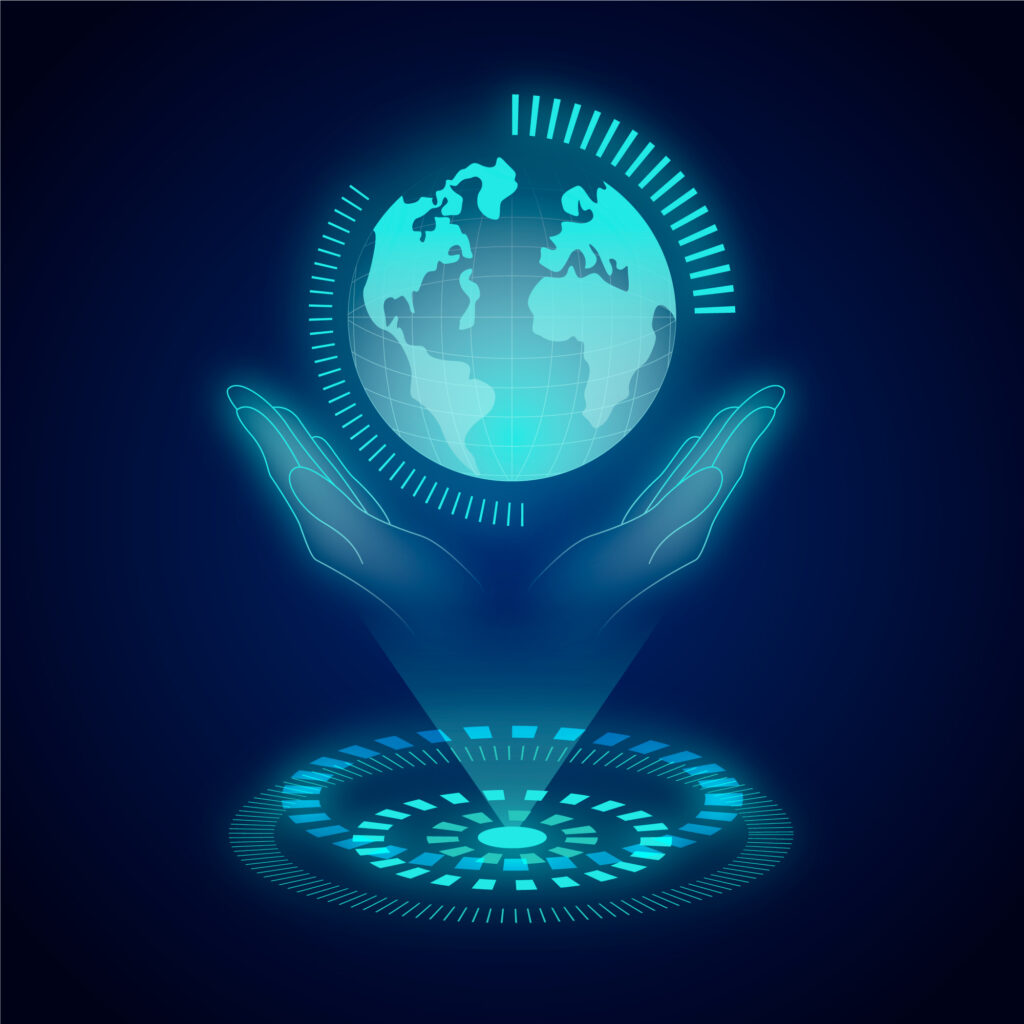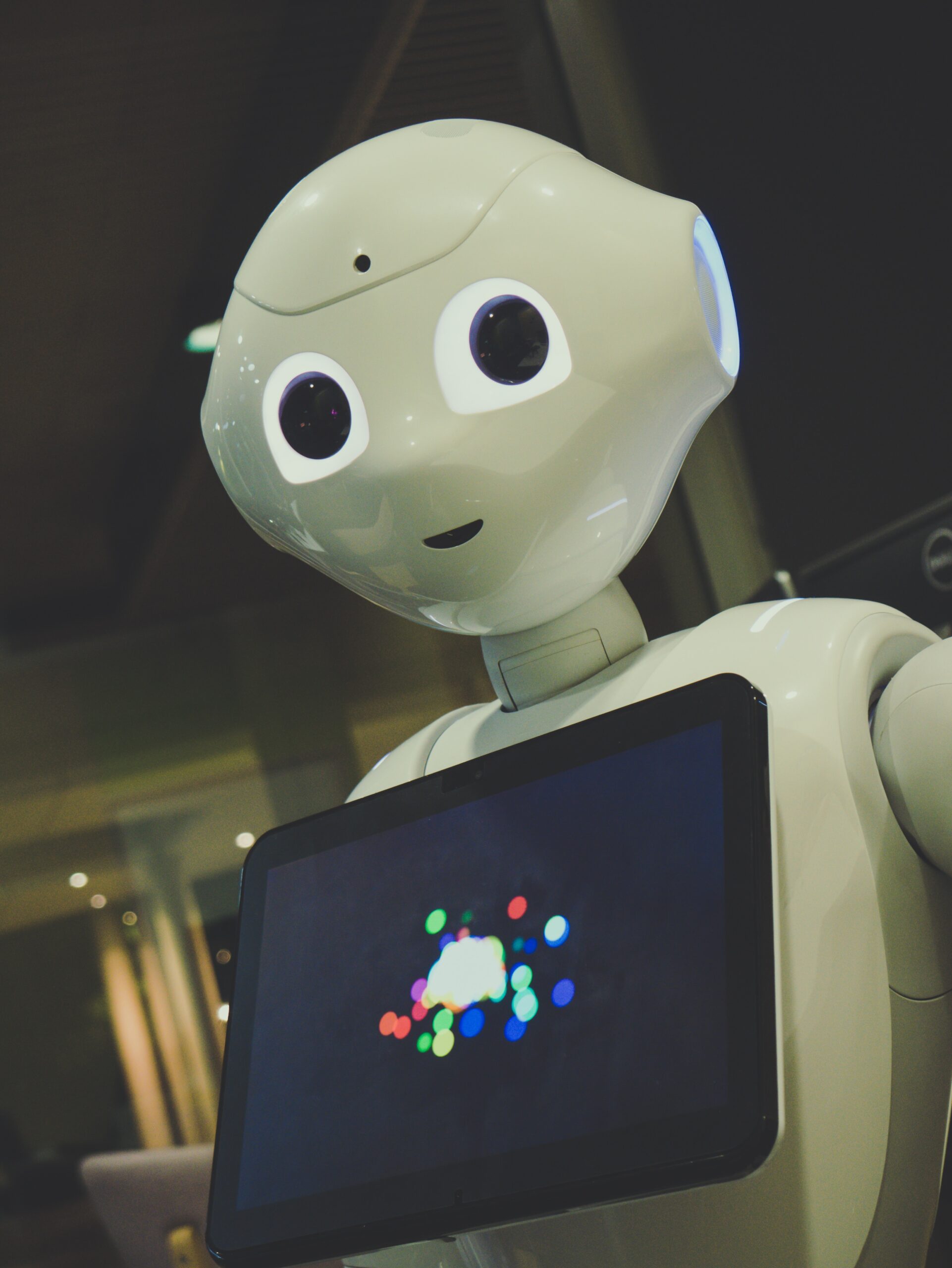The last 100 years and the present day lies in the rapid advancement of technology and its profound impact on various aspects of human life. Over the past century, technological innovations have transformed almost every facet of society, including communication, transportation, medicine, entertainment, and more. Here are some key differences:
- Technological Advancements: The last 100 years have witnessed unprecedented technological progress, particularly in the fields of information technology, telecommunications, and automation. The widespread use of computers, the internet, smartphones, and various digital devices has revolutionized the way people interact, work, and access information.
- Communication: Communication has evolved from traditional methods such as letters and telegrams to instant messaging, video calls, and social media platforms that connect people across the globe in real time.
- Medical Breakthroughs: Medical advancements, including the discovery of antibiotics, vaccines, and sophisticated medical imaging techniques, have significantly improved healthcare and extended life expectancy. Recent developments in gene editing and personalized medicine are further shaping the future of healthcare.
- Globalization: Globalization has intensified over the past century, facilitated by improved transportation and communication. This has led to greater interconnectedness among cultures, economies, and societies around the world.
- Environmental Awareness: In recent years, there has been a heightened awareness of environmental issues, such as climate change and sustainability. Efforts to address these challenges have gained prominence, leading to changes in policies, technologies, and consumer behaviors.
- Social Movements: Advances in communication have facilitated the rise of social movements and activism, enabling people to connect and mobilize for social and political causes more effectively.
- Entertainment and Media: Entertainment has evolved from traditional radio, television, and print media to digital streaming platforms, online content creation, and virtual reality experiences.
- Work and Economy: Automation, artificial intelligence, and the gig economy have transformed the nature of work and the job market. Remote work and digital platforms have also reshaped traditional work models.
- Education: The accessibility of online education, e-learning platforms, and digital resources has transformed the way people learn and acquire knowledge.
- Space Exploration: The past century has seen significant advancements in space exploration, including moon landings, the development of the International Space Station, and the exploration of Mars and other celestial bodies.
- Cultural Shifts: Societal attitudes toward gender roles, diversity, and inclusion have evolved over time, leading to ongoing conversations and changes in cultural norms.
Overall, the pace of change in the last 100 years has been remarkable, with technological, social, and cultural shifts reshaping the world in profound ways. The present day continues to be characterized by rapid innovation, interconnectedness, and an ever-changing landscape driven by emerging technologies.



